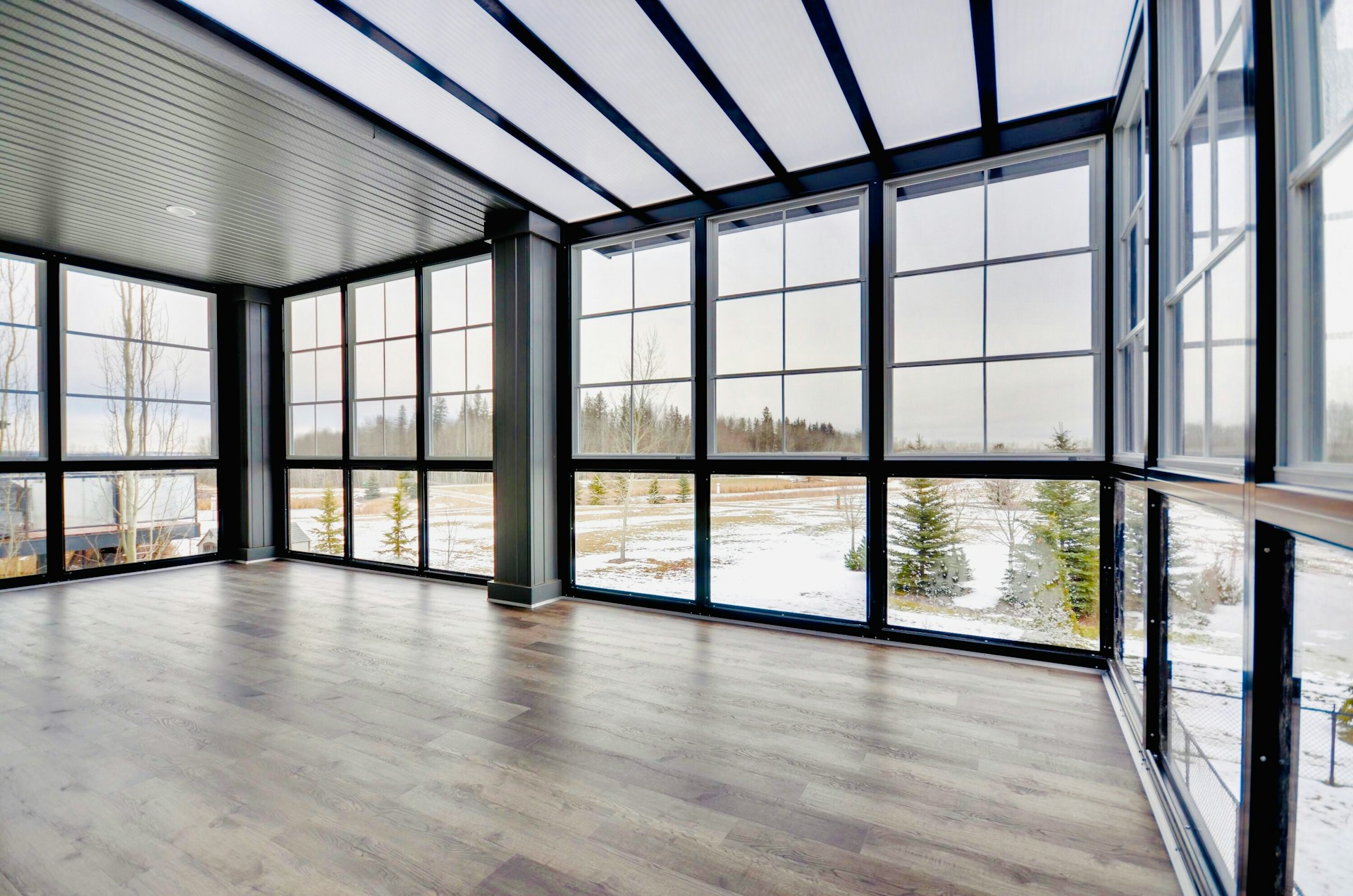
Enhance your commercial space with quality flooring. Discover the benefits of revolutionizing cleaning, boosting aesthetics, ensuring durability, operational efficiency, sustainability, and safety standards in our latest blog post.
When it comes to commercial properties, every detail matters. From the layout and design to the materials used, each element plays a crucial role in shaping the overall appeal and functionality of a space. One such essential element that often goes unnoticed but holds immense significance is the flooring. Quality flooring can significantly add value to commercial properties in more ways than one, making it a wise investment for property owners and managers alike. In this blog post, we’ll delve deep into the various aspects of how quality flooring contributes to enhancing the value of commercial properties.
Revolutionizing Cleaning
Industrial floor scrapers represent a transformative leap in the world of commercial cleaning equipment. These robust machines are designed to tackle the toughest cleaning challenges in warehouses, factories, and other large-scale industrial settings. Equipped with powerful motors and specialized blades, industrial floor scrapers can efficiently remove layers of built-up grime, grease, and debris from various flooring surfaces, including concrete, tile, and epoxy. Their ergonomic designs and advanced features ensure optimal performance while minimizing operator fatigue and maximizing productivity. From speeding up cleaning processes to improving cleanliness standards and enhancing workplace safety, industrial floor scrapers have become indispensable tools for maintaining pristine and hygienic environments in industrial facilities.
Understanding Quality Flooring
Before delving into the value it adds, let’s first establish what constitutes quality flooring. Quality flooring is more than just aesthetics; it encompasses durability, functionality, sustainability, and design versatility. It should be able to withstand the rigors of high foot traffic, be easy to maintain, contribute to a healthy indoor environment, and align with the overall design scheme of the space.
Materials such as hardwood, laminate, vinyl, carpet tiles, and polished concrete are among the popular choices for commercial flooring. Each material has its unique properties, benefits, and considerations, making it essential to select the right flooring based on the specific needs and requirements of the commercial space.
Enhancing Aesthetics and Brand Image
First impressions matter, especially in the business world. Quality flooring plays a pivotal role in creating a positive first impression for visitors, clients, and employees alike. A well-designed and maintained floor reflects professionalism, attention to detail, and a commitment to quality, which can significantly enhance the brand image of a business.
The aesthetic appeal of quality flooring goes beyond mere looks. It can tie together the overall design theme, complement other interior elements such as furniture and decor, and create a cohesive and inviting environment that resonates with the target audience.
Durability and Longevity
Commercial spaces experience heavy foot traffic daily, which can take a toll on flooring if it’s not durable and resilient. Quality flooring materials are designed to withstand such wear and tear, ensuring longevity and reducing the need for frequent repairs or replacements. This durability not only saves costs in the long run but also contributes to the overall value of the property.
Moreover, many quality flooring options come with warranties or guarantees, providing peace of mind to property owners and managers regarding the longevity and performance of the flooring investment.
Maintenance and Operational Efficiency
Another aspect where quality flooring adds significant value is in its ease of maintenance and operational efficiency. Low-maintenance flooring options such as luxury vinyl tiles or polished concrete require minimal upkeep, saving time and resources for property management.
Furthermore, quality flooring that is resistant to stains, scratches, and moisture can contribute to a cleaner and healthier indoor environment. This is particularly crucial in commercial settings where cleanliness and hygiene standards are paramount.
Environmental Sustainability
In today’s environmentally conscious world, sustainability is a key consideration for businesses across industries. Quality flooring can contribute to sustainability efforts in several ways. Many eco-friendly flooring options are made from recycled materials, are recyclable themselves, or come from renewable sources.
Additionally, some flooring materials are designed to improve energy efficiency by providing better insulation or reducing the need for artificial lighting. These sustainability features not only align with green building standards but also appeal to environmentally conscious tenants and customers, adding value to the property.
Flexibility and Adaptability
Commercial spaces often transform to accommodate changing needs, trends, or business requirements. Quality flooring offers flexibility and adaptability, allowing for easy modifications or renovations without compromising on quality or aesthetics.
Materials like carpet tiles or modular flooring systems enable quick and cost-effective changes to the flooring layout, making them ideal for dynamic commercial environments. This flexibility adds value by future-proofing the property and ensuring it remains functional and attractive over time.
In conclusion, quality flooring is a cornerstone of value creation in commercial properties. From enhancing aesthetics and brand image to improving durability, sustainability, and operational efficiency, quality flooring contributes to a holistic and high-performing built environment.
Property owners and managers should prioritize investing in quality flooring solutions that align with the unique needs and goals of their commercial spaces. By doing so, they can unlock the full potential of their properties, attract tenants and customers, and ultimately achieve long-term success in the competitive commercial real estate market.
Was this news helpful?







 Yes, great stuff!
Yes, great stuff! I’m not sure
I’m not sure No, doesn’t relate
No, doesn’t relate



